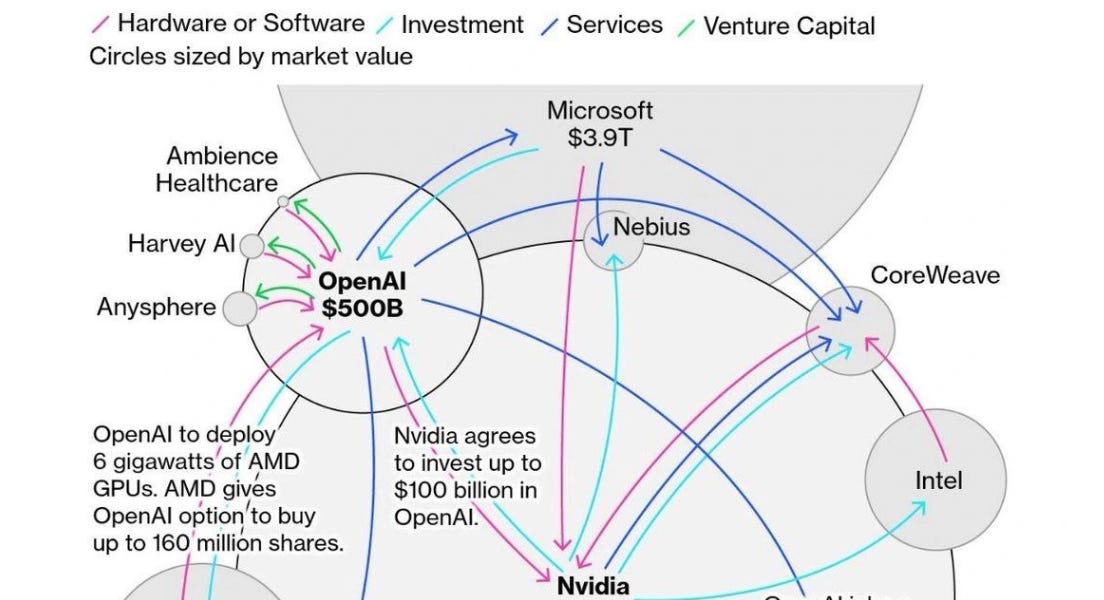The Trump administration wants better ways to track the location of chips, as part of attempts to prevent advanced AI accelerator hardware from getting into Chinese hands.
Washington wants to equip semiconductors with location-tracking capabilities, and is keen on working with the industry to accomplish this, according to a senior White House official.
The purpose is to enable the US to follow where shipments of key products for AI development, such as Nvidia GPUs, are actually ending up, so as to aid efforts to prevent smuggling of the components into China.
"There is discussion about potentially the types of software or physical changes you could make to the chips themselves to do better location-tracking," Michael Kratsios told Bloomberg.
Kratsios is understood to be one of those behind the White House's AI Action Plan unveiled last month.
However, he said he has not so far spoken directly with either Nvidia or AMD, the other major supplier of advanced GPUs used in AI training.
The move follows the introduction of legislation in the US Senate and the House of Representatives in May to require the Department of Commerce to mandate that certain advanced chips (or products containing them) be equipped with a "location verification mechanism" to detect if shipments are being diverted after export.
Neither of the two bills specified exactly how the tracking mechanisms would be expected to work. However, exporting companies would be responsible for reporting violations to the Commerce Department's Bureau of Industry and Security (BIS) in the event tracking is tampered with or the chips show up in places they shouldn't.
Such a move is unlikely to play well with Beijing, which has already grilled Nvidia over allegations of backdoors in the company's designed-for-China H20 GPU chips that might allow US security services to monitor or remotely disable them.
America's ever more elaborate attempts to curb China's AI expertise are perhaps based on claims that it is just a year or two behind the US in such technology, and recent reports that an estimated $1 billion worth of high-end Nvidia GPUs have made it to the Chinese black market, despite Washington's strict export regulations.
- Beijing summons Nvidia over alleged backdoors in China-bound AI chips
- Taxman picks up $140M tab after Cadence fined for China export violations
- China proves that open models are more effective than all the GPUs in the world
- Republican calls out Trump admin's decision to resume GPU sales to China
In a related move, Senators Elizabeth Warren, D-Mass, and Mike Rounds, R-South Dakota, wrote to Commerce Secretary Howard Lutnick and Secretary of State Marco Rubio urging the administration to retain strict rules that discourage companies from offshoring their AI infrastructure.
The letter [PDF], sent July 31, argues that America's edge in AI stems not just from software innovation but from the massive domestic buildout of datacenters and GPU clusters powering AI development.
"AI is infrastructure," they wrote, warning that offshoring this infrastructure – tempted by foreign subsidies – could shift the center of gravity for frontier AI development away from the US and into the hands of rivals like China. The senators are calling for the forthcoming replacement to the administration's Diffusion Rule to impose robust security requirements on any overseas AI facilities and to ensure the bulk of advanced AI compute remains on US soil. ®
.png)




